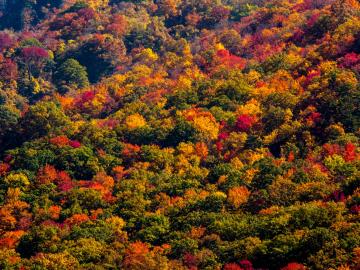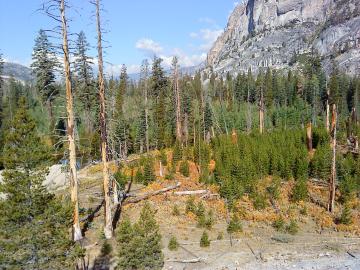Filter News
Area of Research
- (-) Climate and Environmental Systems (2)
- (-) Energy Sciences (1)
- Advanced Manufacturing (4)
- Biology and Environment (17)
- Clean Energy (69)
- Computer Science (2)
- Fusion and Fission (5)
- Fusion Energy (5)
- Isotopes (4)
- Materials (50)
- Materials for Computing (5)
- National Security (12)
- Neutron Science (27)
- Nuclear Science and Technology (22)
- Nuclear Systems Modeling, Simulation and Validation (2)
- Quantum information Science (3)
- Supercomputing (38)
News Type
Media Contacts


Oak Ridge National Laboratory researchers proved that the heat transport ability of lithium-ion battery cathodes is much lower than previously determined, a finding that could help explain barriers to increasing energy storage capacity and boosting performance.

A multi-institutional research team found that changing environmental conditions are affecting forests around the globe, leading to increasing tree death and uncertainty about the ability of forests to recover.




